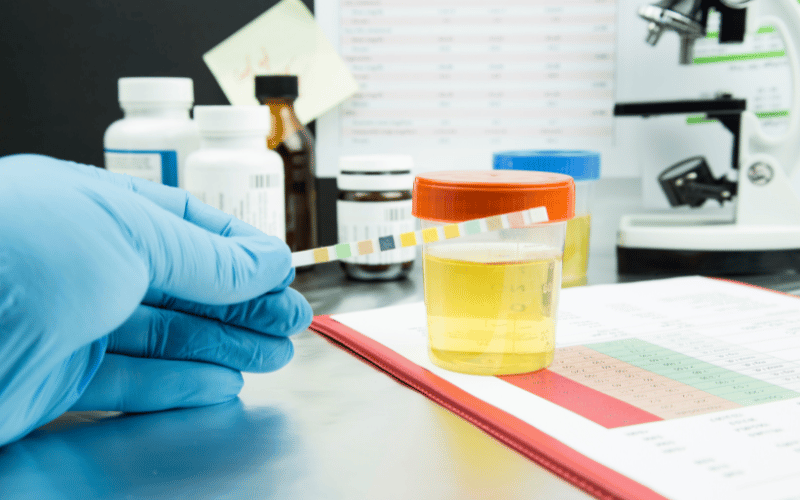Introduction: What is Proteinuria and Why is it Important?

When it comes to our children’s health, there’s a barrage of information available, making it challenging for parents to keep up with every potential health issue. One such topic that has gained attention but is still relatively unknown to many is proteinuria in children. Proteinuria refers to the presence of an abnormal amount of protein in the urine. On the surface, it might seem like a mere medical term or something to casually brush off. Still, the implications of this condition can be vast and concerning if left unchecked.
The mere idea of our child having an abnormality can be heart-wrenching, but having a solid grasp of what we’re dealing with can offer clarity and direction. While it’s natural for urine to contain trace amounts of protein, higher levels might be a red flag. This isn’t just a one-size-fits-all concern. Proteinuria can have different causes and manifestations, and understanding this can make all the difference in its early detection and management.
However, proteinuria isn’t always a reason to press the panic button. Like many other health anomalies in children, it can range from being benign and temporary to being a signal of an underlying chronic condition. It’s this broad spectrum of potential implications that underscores the importance of awareness and timely intervention. As we delve deeper into this topic, we’ll unveil the layers of proteinuria, from its causes and symptoms to its potential treatments.
Fact 1: Understanding the Basics of Proteinuria

Proteinuria, at its core, pertains to the excessive presence of proteins in urine. In simpler terms, it’s like an alarm bell indicating that something might be off with the body’s filtering system. Proteins play a fundamental role in the body, aiding various essential functions. Normally, proteins are retained in the body due to their size, and the kidneys ensure that they don’t pass into urine. However, when this delicate balance is disrupted, proteinuria sets in.
The kidneys function as our body’s natural filtration system, ensuring waste products are excreted while essential nutrients, including proteins, remain. If these proteins find their way into the urine, it suggests that the kidneys’ filtering mechanism might be compromised. The reasons for this vary and can range from benign to serious health concerns.(1)